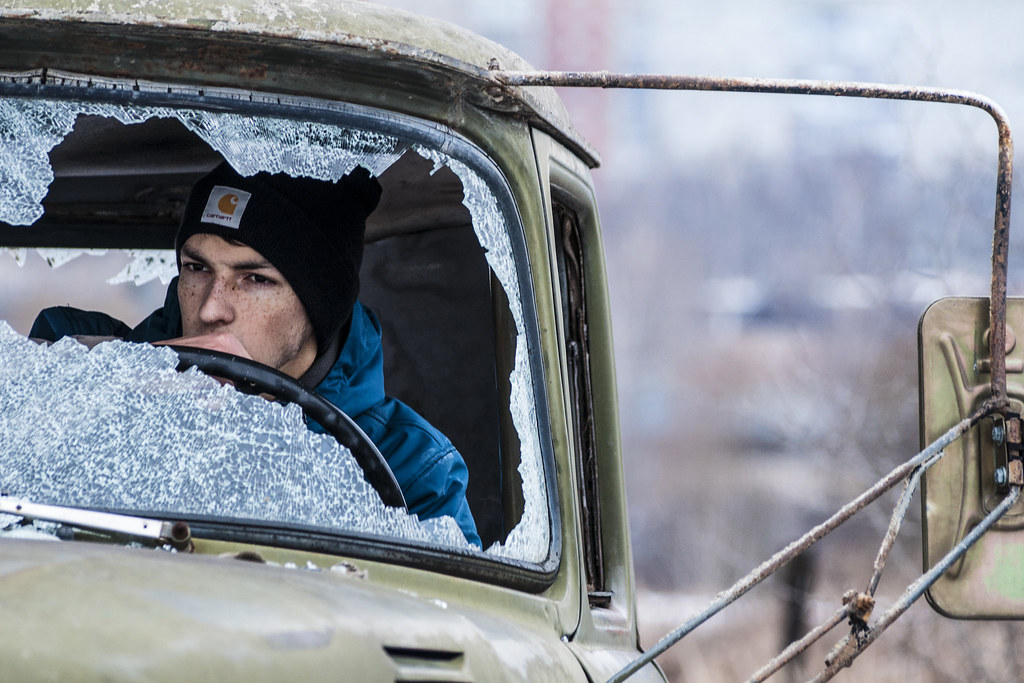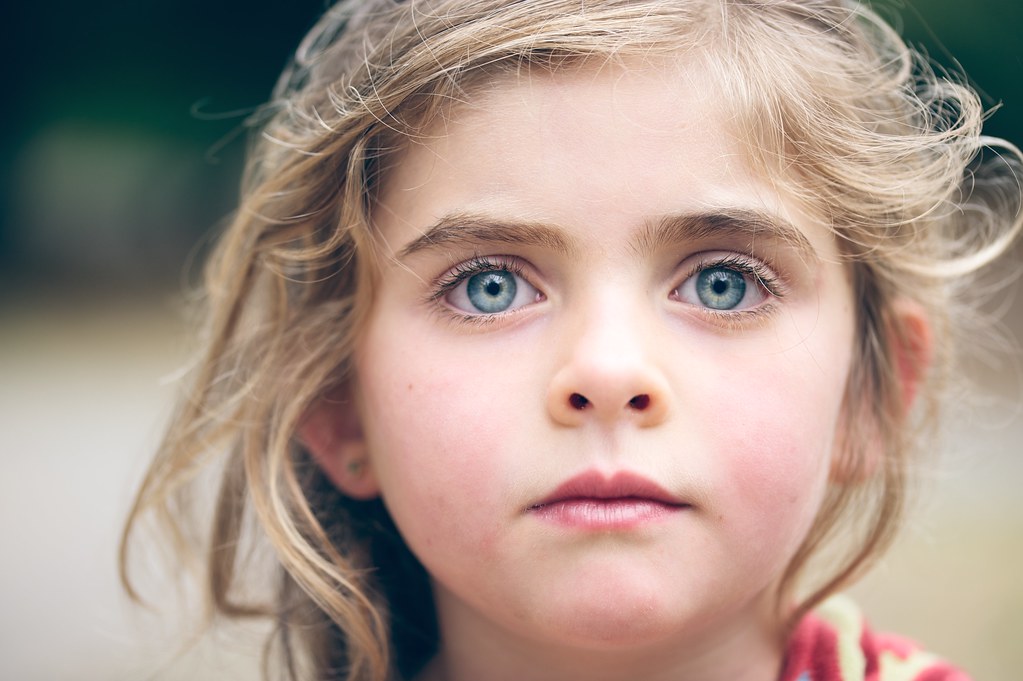Free Photography Bundle ($180 value): PS actions, LR presets, photo overlays, & print templates!
Get it here.
No one likes to make mistakes and photographers are no exception. What’s worse, is sometimes we make them without even realizing we’re doing it. But, looking at things optimistically, each mistake we accidentally make is an opportunity to learn something new and improve our shooting skills. Keeping that in mind, here are four common mistakes photographers have a tendency to commit and what you can do to correct it in case you happen to catch yourself in the act.
Not Looking At The Whole Photo
It’s not uncommon for a photographer to become so focused on making sure each and every little detail with the subject is just perfect, they forget to look beyond the subject and check out the background. Lots of things can be lurking in the background of your photos that will take away from the quality of it. For example, when shooting portraits, make sure there are no poles or other objects right behind your subject that may appear to be magically growing out of the top of their heads.
Photographers shooting outdoors should be sure to check for pieces of trash or rubbish that will distract the viewers eye when they are looking at the photo. Taking a moment to check everything out before you snap the shutter is a much better alternative than having to fix the background in post-production. Remember, if you can fix something “in camera”, do it!
Over Editing
It’s fun experimenting with all the sliders and controls programs like Lightroom and Photoshop offer, but it’s all to easy too really get carried away with it. Especially with some of the tools that deliver dramatic changes like saturation and sharpness. Everything in moderation! When you over (or under) sharpen an image, it can make it appear unrealistic–same with the saturation–and it’s something you want to avoid.
Whenever you’re editing your images, check your progress with an unbiased eye to make sure you don’t need to scale back your edits some. A good way to do so is by comparing the original image to the copy of the image you’ve just edited.
Not Getting Close Enough
Oftentimes, a photo could have been made better had the photographer moved into the composition a little closer. Don’t be afraid to get in close to the action and fill the entire frame with whatever it is you’re shooting–whether it be people, landscapes, or otherwise. If you’re zoom lens won’t get you in close enough, walk closer and “zoom with your feet”. It’s amazing how much impact it can have on a composition. Like Robert Capa’s now famous quote goes: “If your photos aren’t good enough, you’re not close enough.”
Missed Focus
Even with perfect eyesight, it can be tough to make sure the focus is tack sharp just by looking through the viewfinder of our cameras. While auto focus is becoming pretty trustworthy, it can be less than desirable when the lighting conditions are not perfect. One of the best ways I’ve found to ensure my focus is spot on, is by using the magnify option on the back LCD screen of my camera. I simply turn on live view, then press the magnification button until the image preview is magnified enough so that I can easily see that I have sharp focus. Though this method may not be the best for shooting fast action or moving subjects, it’s very reliable for landscapes and even portraiture.
Set Yourself Up For Success
There’s a fine line between over thinking and shortsightedness when it comes to conceptualizing and creating a photograph. I tend to lean on the side of of caution and put as much thought into things as time and resources will allow.
Develop a personalized pre-shoot checklist that you can run through in your mind right before you take a shot. Include things like checking the background, double checking focus, making sure things are composed correctly, and your camera is on the correct exposure settings (don’t forget ISO!). By forming the habit of staying aware and remembering to check on all the finer details that go into photography is a great way to set yourself up for success down the road.



![Make your own drama / Faites votre cinéma [Explored]](https://c2.staticflickr.com/6/5348/9064821345_1ce69c37b9_c.jpg)

